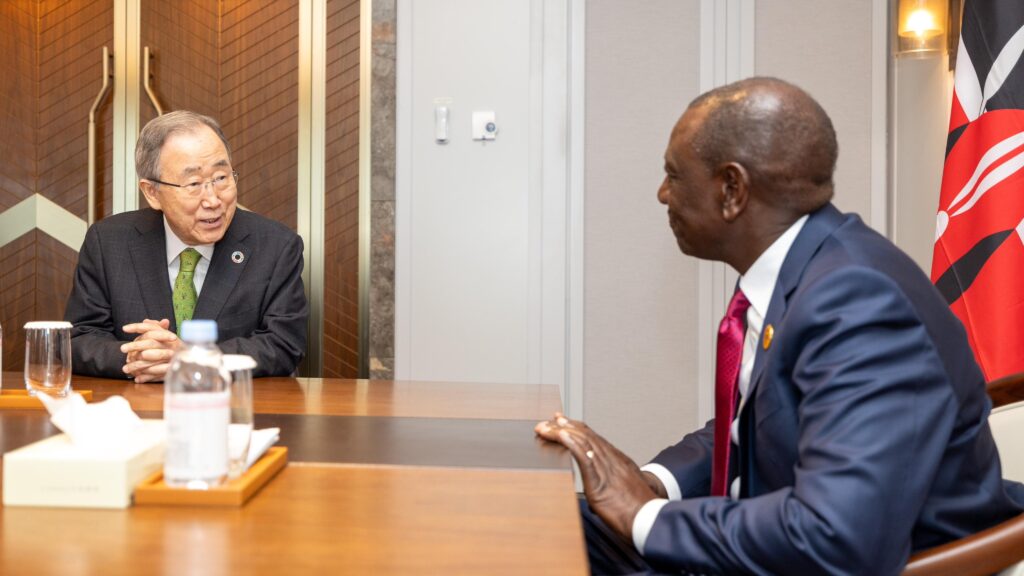
President Ruto concerned over underfunding of Africa’s renewable energy development » Capital News
SEOUL, South Korea, June 5 – President William Ruto has raised concerns over the underfunding of Africa’s renewable energy development.
He said though it was encouraging that 2023 recorded the largest increase in renewable energy capacity, with the addition of about 500 gigawatts globally and new investments worth $600 billion, Africa fared badly.
The President said Africa possesses the highest untapped potential of renewable energy reserves in the world but had only managed 3 gigawatts of the global increase.
“The continent with the world’s greatest potential and the highest demand currently accounts for a paltry 1.6% of the world’s total renewable energy capacity,” he said.
He pointed out that Africa offers huge opportunities for wealthy investors from the Global North in clean energy, offering a win-win outcome for them and the continent.
“African leaders endorsed the Nairobi Declaration, which set the continent’s green power generation target at a five-fold increase from 56GW in 2022 to at least 300 GW by 2030,” he said.
President Ruto made the remarks on Wednesday when he addressed the High-Level Business Segment on Climate Change Response and Transition to Carbon-Free Energy in Seoul, South Korea.
The President said recent floods in Kenya and other parts of the world were a result of climate change and called for joint efforts to mitigate the effects of the phenomenon.
He said Kenya had made tremendous efforts in renewable and clean energy, adding that the country’s power grid is 93% green.
He urged Korea and Korean investors to continue supporting Kenya in clean energy adoption as the country pursues the ambitious plan to enhance the current grid from 3GW to 100GW by 2040.
“The ambition is realistic because Kenya is endowed with abundant potential in every type of renewable energy,” he said.
The President said Africa launched the Africa Green Industrialisation Initiative at COP28 to promote the growth of clean energy manufacturing.
He said this potential puts the continent at an advantage to seize the economic opportunities within the global energy transition.
“This can be achieved by mobilising $1 trillion from public and private finance by 2030,” he said.
